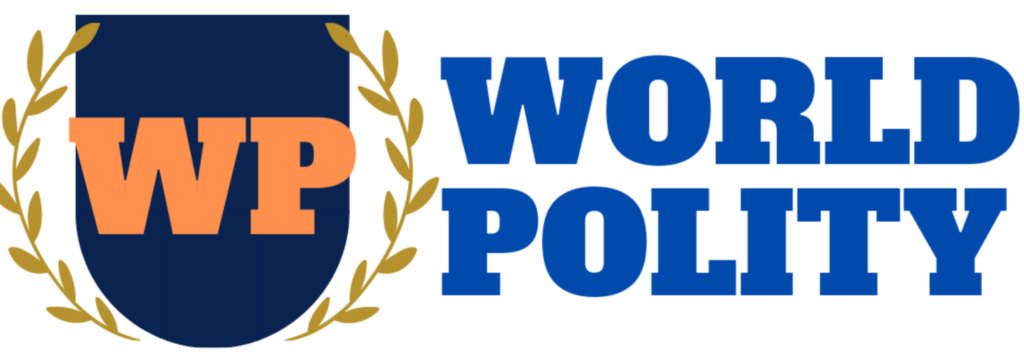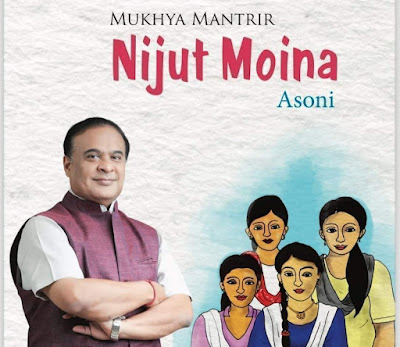Table of Contents
Toggle Welcome everyone to an another wonder-full article of World Polity. In today’s article, we will discuss on Welfare State, its features, functions, and many more things. Before start lets look at the table of content.
TABLE OF CONTENT
- Salient features of Welfare State
- Functions of Welfare State
- Criticism of Welfare State
What is Welfare State? Features, Functions, and Criticism of Welfare State —
A welfare state is one of the foremost concepts where state plays a crucial role in the promotion of economic and social well being of its citizens. The welfare state mainly based on the principles of equal opportunity, equal distribution of wealth for those who were not able to avail of the minimal provisions for their good life. The main aim of the welfare state is to provide economic opportunity to all human beings to secure an equitable standard of living.
Salient features of welfare state :
The welfare state has its some features which are discussed below :
i) Social Security :
The welfare state provides social security to the citizens. The economy which called as the mixed economy in a welfare state because of the combination of socialism and capitalism, the government plays a dominant role in controlling the economic activities and in the social well being of the people.
ii) Controlling Economic Activities :
The welfare state exercises control over the all economic activities in society. The welfare state covered both the economic ideology in the present era but the government is the sole proprietor who controls all the sectors in the society. For example, all private enterprises are regulated by the government.
iii) Socialistic in Nature :
It is socialistic in nature. A welfare state is fully based on the principles of equal opportunity to all. Therefore the main aim is to provide equal distribution of wealth.
iv) It Ensure Justice to All :
In a welfare state, the citizens have to deal with the respective authorities for their all basic needs. In all such dealings, it has the responsibility of a welfare state to provide justice and fulfillment of people’s requirements.
v) To Ensure Proper Planning :
It is the responsibility of a welfare state to formulate national policies and to plan all the economic activities in a proper manner. Therefore in a state trade policy, industrial policy, commercial policy and many other policies are framed in order to control all the activities.
Functions of Welfare State :
A welfare state has mainly three important functions. They are :
i) Regulative Functions :
Under regulative functions it includes :
* Maintaining law and order in the society,
* Promoting peace and harmony among the people,
* Curbing anti-social elements and their activities from the society,
* Putting down all communal, caste and class-related problems from the society,
* Make a law for the labor class that they should not be exploited.
ii) Protective Functions :
It includes :
* Maintenance of internal law and order in the society,
* Protecting territorial integrity,
* Maintenance of all basic institutions,
* Conducting foreign relations with other countries,
* Maintenance of transport and communication systems.
iii) Welfare Functions :
It includes:
* Establishing educational institutions,
* Encouraging the cottage and small scale industries,
* Reducing economic inequalities by providing equal distribution of national income,
* Providing employment opportunities to the deserving candidates,
* Introducing land reforms.
BONUS – If you like it you can check out our latest blog on 6 Significant Movements that Made India Independent
Justification of the Welfare State :
i) The welfare state adopts only mixed economy where private and public sectors play their role for the development of national economy.
ii) It guarantees a basic minimum ro each individuals of society. The state considers it as an obligation to try to provide employment opportunities to ail the able bodies citizens.
iii) The welfare state upholds the rights of all and provides the equal treatment to everyone without any discrimination.
Criticism of the Welfare State :
Despite the well-structured idea, the concept of welfare state faced criticisms on several grounds. Therefore the limits of the welfare state are discussed below :
i) Very Expensive :
A welfare state is very much expensive on many grounds. For an underdeveloped or third world country, it was not possible for them to establish a welfare state. Because by providing a wide range of social services and facilities, it needs a lot of expenditure which they cannot afford.
ii) No Individual Freedom :
Welfare state curbs individual freedom or individual initiative because in a welfare state government plays a dominant role in every activity, so for an individual, it is not possible for them to obey all the rules given by the government to do his economic activities. It creates inferiority among the individual.
iii) Undue Importance to Bureaucracy :
A welfare state gives its all-important to the bureaucracy. Because their bureaucracy has the power to make policies and they decide how to implement those policies.
iv) Leads to Inefficiency :
Because of the too many functions, policies, laws most of the time it leads to an administrative inefficiency which creates mismanagement and loss of human as well as natural resources.
Well, welfare state is a great combination of democracy, socialism, and capitalism where the main goal is to provide equal opportunity in every aspect of his or her life. It provides a system of social service and financial helps to all the citizens of the state.
More instructive: Know more about Karl Marx, click here 👉 What are the Marxist Beliefs
_Thank You_



